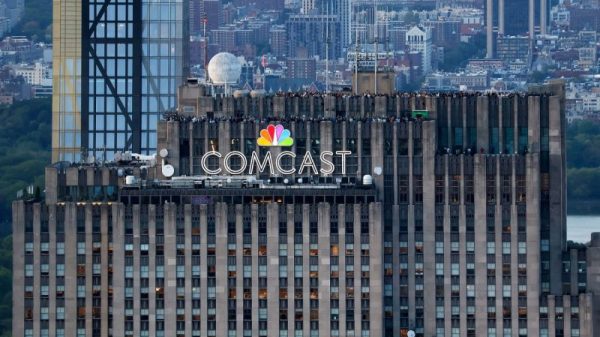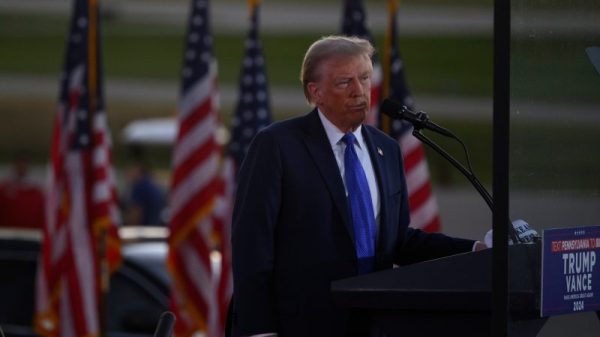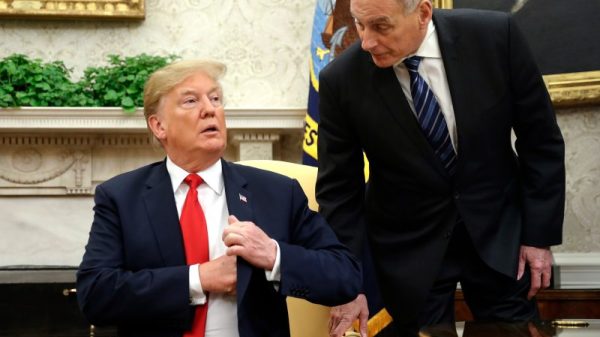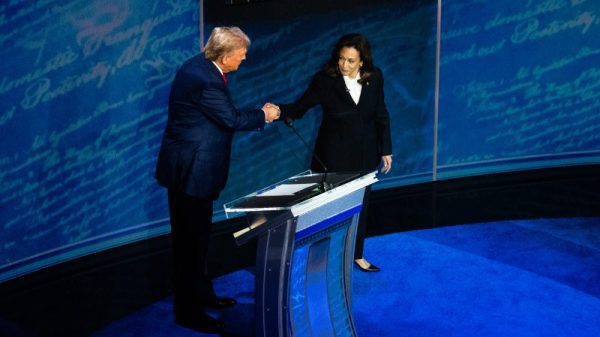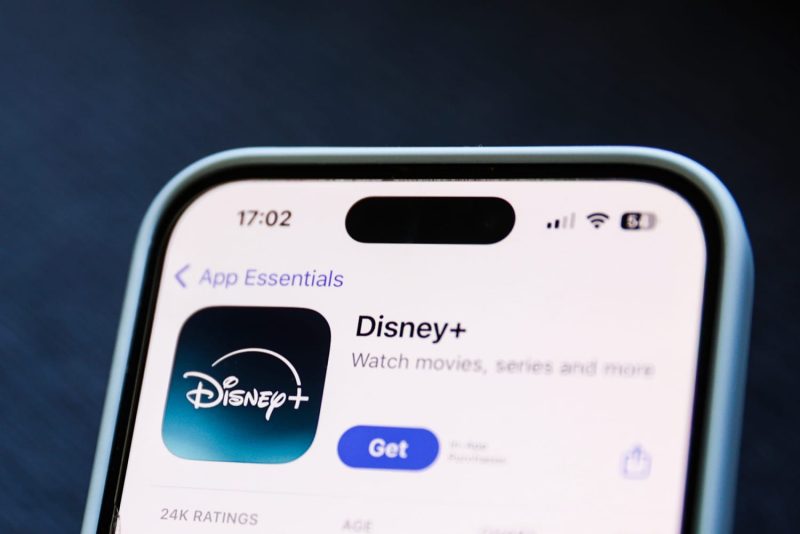 The antitrust lawsuit against Google by the U.S. Department of Justice has caused many experts to draw parallels with the landmark Microsoft antitrust case from the late 1990s. Like Google, Microsoft was accused of using its market dominance to stifle competition.
The antitrust lawsuit against Google by the U.S. Department of Justice has caused many experts to draw parallels with the landmark Microsoft antitrust case from the late 1990s. Like Google, Microsoft was accused of using its market dominance to stifle competition.
The U.S. government’s case against Microsoft in 1998 centered around the company bundling its Internet Explorer web browser with its Windows operating system, thereby stifling competition from other browsers. Microsoft was ultimately declared a monopoly and was almost split into two companies, though this was reversed on appeal.
Similarly, Google is accused of leveraging its dominant search engine to promote its own services while down-prioritizing rivals. Google also allegedly made agreements with phone manufacturers and carriers to pre-install its search service on devices using Android OS, which is also reminiscent of the Microsoft case.
Experts speculate the Microsoft case could influence the Google lawsuit in various ways. It may provide a roadmap for how antitrust lawsuits against tech giants can play out. Moreover, they are looking at how Microsoft changed and adapted in the years following their case to make predictions about possible outcomes for Google.
Like Microsoft, Google denies the allegations and has vowed to fight the lawsuit. The case is expected to last several years and carry with it broad implications for the tech industry as a whole.















